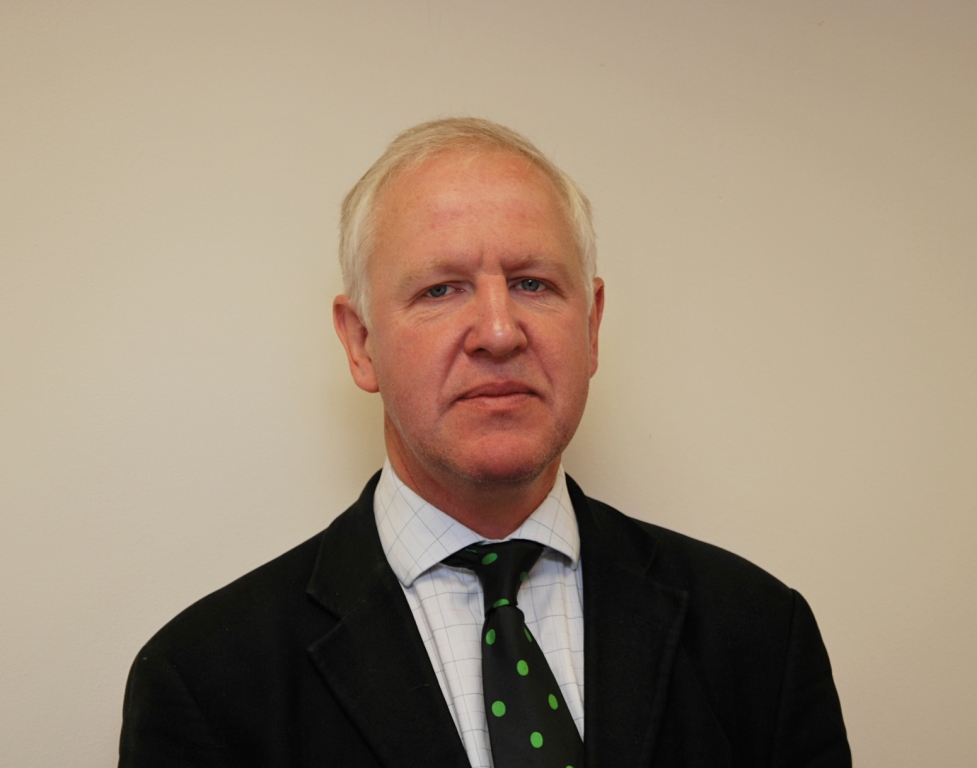The recently released edition of the Deloitte Football Money League raises a few points that are worth taking a harder look at.
The first is about the slipperiness of statistics.
While in euro terms, year-on-year revenue growth among Europe’s 20 highest-earning football clubs is an impressive 10%, a very different picture – of stagnation, basically – emerges if the reference currency is sterling.
Indeed, revenues shrank year-on-year at every one of the top three clubs – Real Madrid, Barcelona and Manchester United – when counted in pounds.
This currency-dependent contrast in the overall picture is explained by a near 12 percent appreciation in the value of sterling since last year’s table, plus the fact that seven of the 20 clubs in this year’s ‘league’ report in the British currency.
With 13 of the 20 clubs in the euro-zone, it seems perfectly valid to give priority to euro-denominated statistics.
As I have suggested before, however, [http://www.insideworldfootball.com/blogs/74-insidewrite/9968-david-owen-could-financial-fair-play-be-ruled-offside-by-an-all-out-eurozone-crisis] the inconvenient fact that not all clubs within UEFA’s bailiwick report in the same currency promises to add an extra layer of complexity to the functioning of the Financial Fair Play (FFP) regulations.
Moreover, once the new Premier League TV deal clicks in from 2013-14, it is not inconceivable that the English club presence in the Money League may start to edge towards a majority.
Which currency should we prioritise for presenting the results under those circumstances?
The second point is about La Liga.
It is interesting that the new Deloitte figures were circulated just as little Swansea City knocked European champions Chelsea out of the CapitalOne Cup, and as Valencia, the club that made way for Newcastle in the new Top 20, “lurched into deeper and more dangerous financial waters”, to quote this website.
To me, these figures – with Real Madrid and Barcelona at one and two on the list and no other Spanish club in sight – highlight that La Liga has become too polarised.
Others might argue a) that stories such as Swansea illustrate that money is far from the be all and end all of top-flight football, even today; and b) that polarisation is a price worth paying if it ensures that two Spanish clubs are among the leading Champions League contenders year in, year out.
The Spanish situation is by no means unprecedented: the Scottish league has been a two-horse race far more often than not in my lifetime, notwithstanding the relatively brief florescence of Alex Ferguson’s breath-of-fresh-air Aberdeen, not to mention the circumstances pertaining this season.
Even so, I think the Deloitte numbers indicate that some rebalancing is needed in Spain for the long-term health of the national league.
Introduction of a collective broadcast revenue distribution model to replace individual selling would be a help, but it is not the full story.
As Deloitte has emphasised in the past, broadcasting is “the revenue source where Spain’s top two clubs enjoy least economic dominance over their domestic competitors”.
In 2010/11, for example, Real and Barça generated a combined €140 million more in commercial revenue than the total for all the other 18 La Liga clubs.
And the big two took comfortably more in matchday revenues than the other 18 added together.
Under such circumstances, games between Real/Barça and one of the 18 pececillos (minnows) usually promise all the dramatic tension of a cat toying with a particularly emaciated field-mouse.
Yes, there is plenty to admire in the slick passing and technical skills of the masters.
But I, for one, prefer my football enlivened by a tad more uncertainty regarding the eventual outcome.
David Owen worked for 20 years for the Financial Times in the United States, Canada, France and the UK. He ended his FT career as sports editor after the 2006 World Cup and is now freelancing, including covering the 2008 Beijing Olympics, the 2010 World Cup and London 2012. Owen’s Twitter feed can be accessed at www.twitter.com/dodo938

